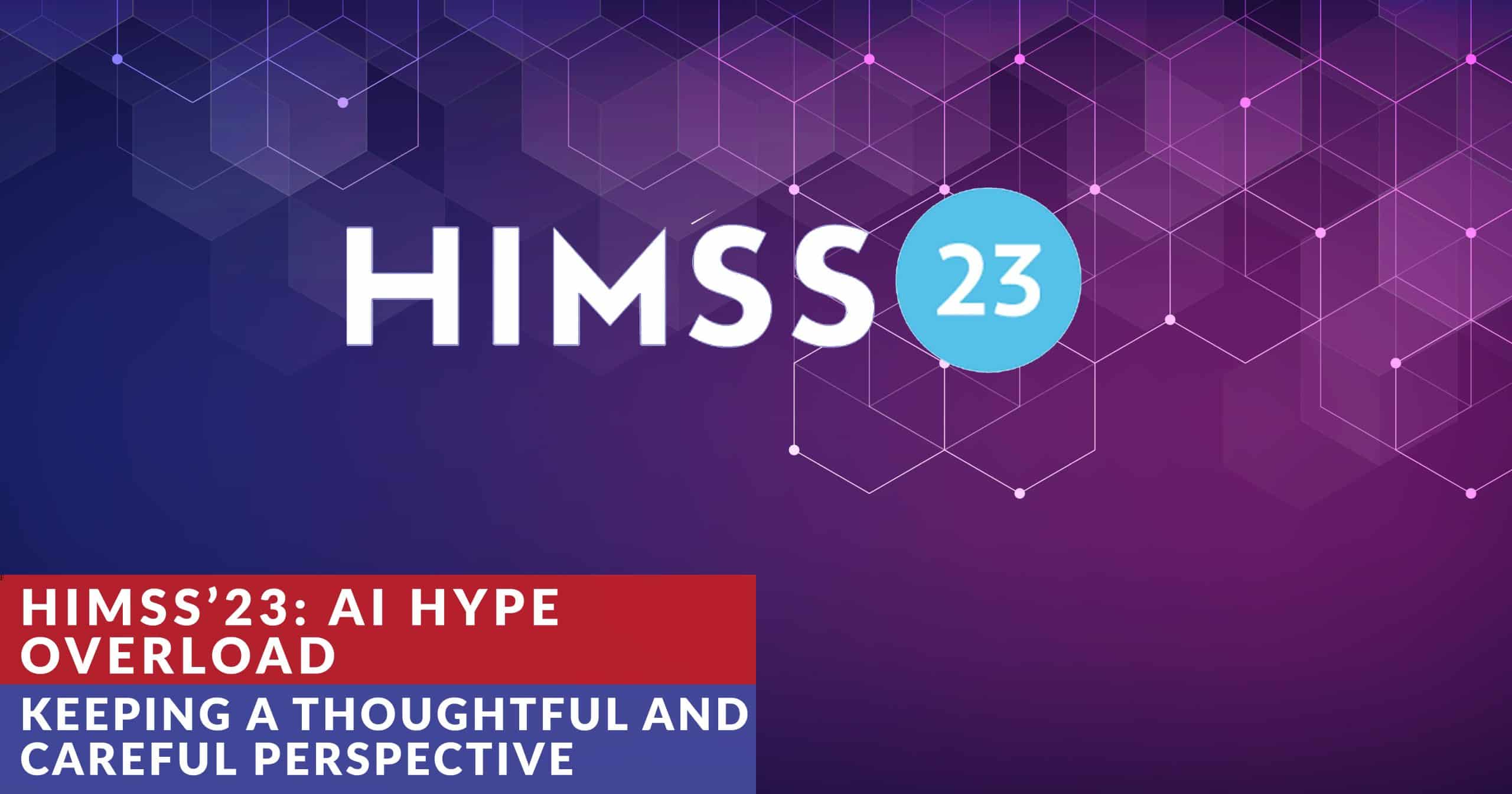ICYMI: We started this week off with our traditional Free February post to reverse-celebrate the birthdays of our founder and yours truly. This year was a big one – we are giving away our 2013 Clinical Analytics Market Trends Report. Get yours now by clicking here, and let us know if there are any other ways we can be useful to your organization.
Internet of DNA
Antonio Regalado for MIT Technology Review
“A lot of talk lately about “Precision Medicine” but precision medicine may face the same fate as other promising developments in healthcare – data governance. Once again, technology outstrips policy.” – John
Why We Should Design Some Things to Be Difficult to Use
Brian Millar for WIRED
“Ease-of-use is possibly the most-criticized aspect of EHRs. This article asks whether hard-to-use is actually better. When a thing requires some time and effort to master, people are more inclined to use and value that thing. The need for mastery also plays into the perception of autonomy that so many clinicians crave.” – Brian
In Hospitals, Board Rooms Are as Important as Operating Rooms
Austin Frakt for The New York Times
“Austin Frakt write up on the effect that hospital boards can have on quality. Unfortunately, Dr. Ashish Jha goes on to explain that board members at NFP hospitals tend to be selected for their fundraising prowess and at FP hospitals with their acumen regarding finance or regulatory compliance. The article goes on to discuss several others topics briefly including how most hospitals either don’t know how they are actually performing and some possible ways that this shortcoming can be addressed.” – Matt
Hospital Discharges Rise at Lucrative Times
Christopher Weaver, Anna Wilde Matthews and Tom McGinty for Wall Street Journal (subscription required)
“A WSJ article finds that many providers discharge Medicare patients based on when it is most lucrative to do so rather than improved patient condition. Medicare offers long-term care facilities smaller payments for shorter stays, and pays them a lump sum meant to pay for long-term treatment once they reach a threshold, according to the WSJ. The WSJ analysis of Medicare claims paid from 2008 through 2013 found many such facilities disproportionately discharge patients during the window allowing them to receive the maximum payment.
Medicare has kind of nibbled around the edges of this issue so far with minor tweaks and indirect programs (eg ACOs) but unfortunately it isn’t an easy issue to fix. It will be interesting to see what Medicare does to possibly address this in the near future in a direct manner including potential payments regarding enhanced discharge planning and care coordination.” – Matt
HTTP 2.0 wins approval: Road to better encryption?
Larry Dignan for ZDNet
“For the first time in 16 years a new HTTP standard has been established. HTTP/2 promises faster page loads, longer lasting connections, and reportedly an easier way to push data to a browser’s cache. Given healthcare’s slow, uneven migration to web-based services, it is not completely unreasonable to think that this new standard will be many user’s first experience with browser-based functionality. All of the familiar HTTP APIs are preserved. But FHIR devotees will still need to learn how HTTP/2 works to get the promised benefits.” – Brian
Association of Hospital Participation in a Quality Reporting Program With Surgical Outcomes and Expenditures for Medicare Beneficiaries
Nicholas Osborne, et al in The Journal of the American Medical Association
“Under the ACS-NSQIP effort, nurses at participating hospitals record and send to a secure database information on every operation performed at the facilities. ACS-NSQIP then shares quality reports so that hospitals and doctors can see how they compare with other providers. Overall, the researchers found no indication that ACS-NSQIP hospitals performed better than non-participating hospitals.
This isn’t a surprise and matches many other studies that show that simply reporting and providing feedback to physicians on results isn’t enough to significantly change clinical practices. It is a large part of why there is a demand of moving to value-based payments but the trick is going to be designing ‘smart’ value-based payment programs that actually improve quality and reduce costs without too many negative outcomes.” – Matt
U.S. Health-Care Spending Is on the Rise Again
John Tozzi for BloombergBusiness
“Healthcare spending on the rise again. The data is preliminary and the reasons for the resumption difficult to tease apart. This article does not shed much light on the subject but asks the most important question. Is 2014 a blip or does it foretell a resumption of the status quo?” – Brian




0 Comments